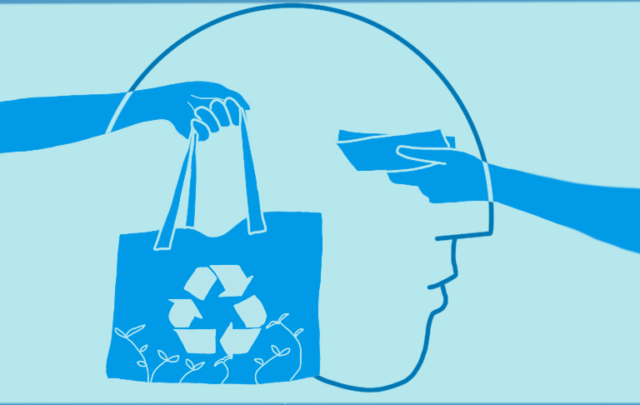Understanding Economies of Scale
And again I come back to my central (but evolving) thesis: permaculture is failing because we are only practicing one part of it effectively.
August 22, 2014
The Permaculture Fail
I write this not to be discouraging or defeatist, but to impress upon you that it is time we started creating the socio-economic models that will make permaculture successful.
August 21, 2014
Agroinnovations #110: Mixed, low-input smallholder systems
On this episode of the podcast we are joined by Dr. Blair Orr. Dr. Orr is the director of the Master’s International Program at Michigan Technological University, and has worked for several decades in the areas of agroforestry, forest economics, and small holder tropical systems. We discuss the MI Program at MTU, changes and patterns in Third World agriculture, land tenure, low input mixed systems, increasing connectivity and migration in developing countries, the future of Haiti, and strategies for promoting development in tropical agriculture.
November 9, 2010
Agroinnovations #107: Recipe for America
On this episode of the podcast we are joined by Jill Richardson. Jill is a journalist, author and blogger who writes for the blog La Vida Locavore and also for the news site alternet.org. In this interview we discuss Cuba as an example of a post-peak agricultural society, the propaganda of the GMO seed companies, the corporate push to approve genetically modified salmon, the Green Revolution in Mexico, and how to fix our broken food system.
October 25, 2010
Agroinnovations #100: Regenerative permaculture
In this 100th episode of the Agroinnovations Podcast we are joined by Darren Doherty, a permaculture designer and consultant who is an expert in keyline design, broadacre permaculture, and agroforestry.
September 27, 2010
Agroinnovations #99: Ecological Imperialism
This episode focuses on the arguments in the book Ecological Imperialism, written by Alfred W. Crosby. Alfred Crosby joined me briefly to talk about this book. I have added to his comments by reading key passages from his book. Topics of discussion include the success of Europeans in the New World, the significance of Pangaea and the Neolithic Revolution, the definition and explanation of terms like Neo-Europe and portmanteau biota, the failure of the Norse explorers in North America, European Imperialism in the Canary Islands, the role of weeds, animals, and disease in European successes overseas, and a biogeographical explanation for European conquest.
August 16, 2010



